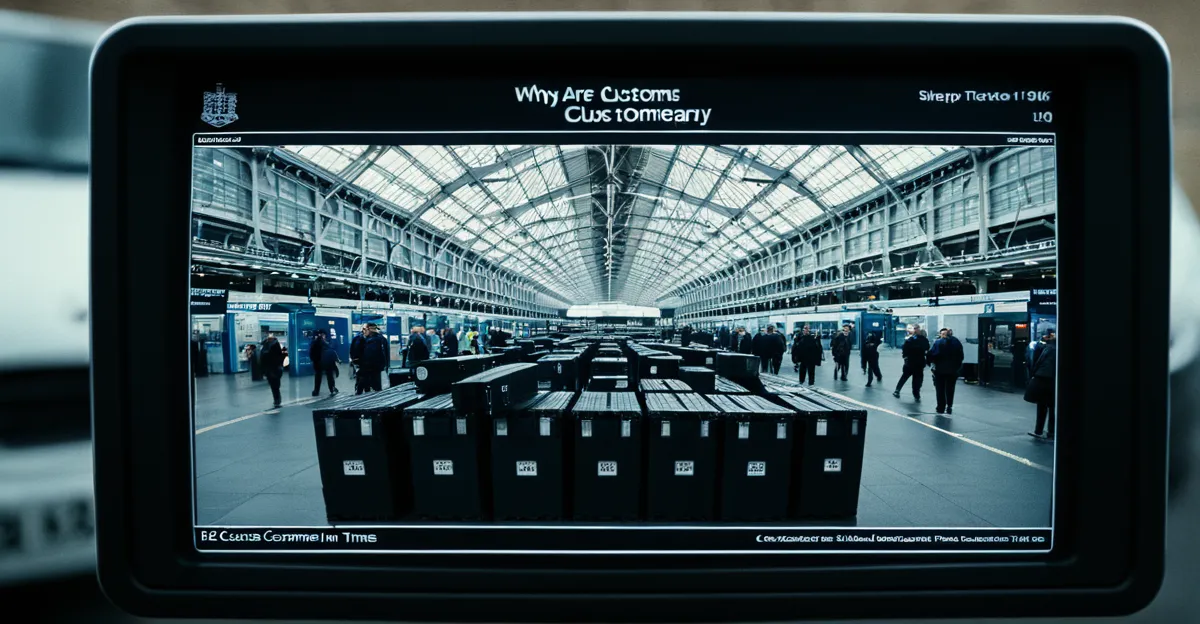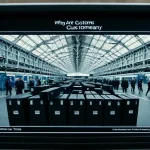Factors Driving the Evolution of UK Traditions
Change in UK traditions is propelled by several interconnected forces that reflect a dynamic cultural landscape. One primary factor is globalization and multicultural influence. The UK is no longer an isolated cultural entity but part of a global exchange of ideas, cuisines, and lifestyles. This exposure to diverse cultures encourages blending and adaptation, leading to changes in longstanding customs.
Another key driver is the shifting values across generations and demographics. Younger generations often prioritize different ideals compared to their predecessors, such as inclusivity, environmental consciousness, and individual expression. These evolving perspectives naturally lead to adjustments in cultural practices to mirror contemporary societal values.
Also to see : What are the UK policies on immigration reform?
The role of technology and media also cannot be overstated. Digital platforms and mass media have accelerated the dissemination of new ideas, trends, and social norms. This phenomenon facilitates quicker modification of traditions, as communities adopt innovations and reinterpret customs in ways that resonate with modern life.
Together, these factors intermingle to foster cultural change in UK traditions, ensuring that they remain relevant and meaningful in a progressively diverse and interconnected society.
Also to read : What role does the UK play in global technological advancements?
Notable Examples of Changing UK Traditions
The landscape of evolving UK customs provides vivid insights into how modern British traditions reflect ongoing cultural change. One clear example lies in the transformation of public holidays and national celebrations. Traditional events such as Bonfire Night and bank holidays have seen diverse reinterpretations, often incorporating multicultural perspectives and modern values. For instance, celebrations may now emphasize inclusivity and community cohesion, responding to the demographic shifts within the UK.
Similarly, modern adaptations of royal and ceremonial practices highlight how traditions adapt to maintain relevance. While the monarchy remains a potent symbol of national identity, ceremonies have become more accessible through digital broadcasting and have occasionally integrated contemporary elements. This approach allows the royal customs to connect with a broader, more diverse audience while respecting historical significance.
Lastly, the UK’s changes in food culture and dining habits demonstrate a tangible evolution of traditions. Classic British dishes have embraced global flavors, and dining practices now often prioritize health consciousness and sustainability. These shifts exemplify how UK traditions are not static but permeable, reflecting the tastes and values of present-day society while still rooted in historical contexts. Such examples underscore the dynamic nature of cultural change, illustrating the many reasons for changing traditions amid evolving social landscapes.
Expert Perspectives and Societal Analysis
Experts provide valuable insights into the evolution of UK traditions, highlighting the complex interplay between societal forces and cultural change. Historians emphasize that traditions have never been static; they continually adapt in response to shifting contexts. This tradition evolution analysis reveals that changes often arise from a combination of internal social dynamics and external influences, making the UK’s cultural landscape a living, responsive entity.
Sociologists focus particularly on the social impact of changing customs, noting how social movements have been pivotal in reshaping traditions. For example, campaigns for equality and environmental awareness have pressured institutions to modify ceremonial practices and public rituals to be more inclusive and relevant. These movements often challenge established norms, prompting communities to reconsider what UK traditions represent and how they should evolve.
Community responses to these changes vary widely, reflecting the diversity of perspectives within the UK. Some embrace transformation as a positive reflection of modern identity, while others express concern about losing historical continuity. This tension underscores the importance of a balanced approach, where tradition can coexist with innovation, ensuring cultural practices resonate across different groups.
In summary, expert views on UK traditions emphasize that understanding the changing nature of customs requires considering historical context, societal pressures, and the diverse reactions of communities. This holistic perspective supports a nuanced appreciation of the ongoing cultural change and highlights the reasons for adapting traditions in contemporary society.
Historical Context and Future Trends
Understanding the history of UK traditions is essential to grasp the ongoing cultural change and anticipate the future of UK traditions. Historically, UK customs have continuously evolved, shaped by external events like invasions, colonization, and political shifts. This historical backdrop reveals that traditions are inherently adaptable rather than fixed relics. For instance, many practices once rooted in agrarian society have transformed significantly in response to urbanization and industrialization.
Looking ahead, cultural trends in the UK suggest a continued blending of preservation and innovation. The future of UK traditions will likely involve integrating technology to enhance engagement, such as virtual access to ceremonial events and digital platforms for communal celebrations. This invites wider participation and reflects a society increasingly interconnected through digital means.
Moreover, demographic shifts and global influences will further inform changes, introducing new narratives and diverse cultural elements into established customs. Balancing heritage preservation with adaptation is crucial to sustaining relevance. Thus, future traditions might maintain core symbolic meanings while adapting rituals, language, and practices to contemporary contexts. This dynamic equilibrium ensures that UK traditions remain both meaningful and inclusive, honoring the past while embracing the evolving cultural landscape.





